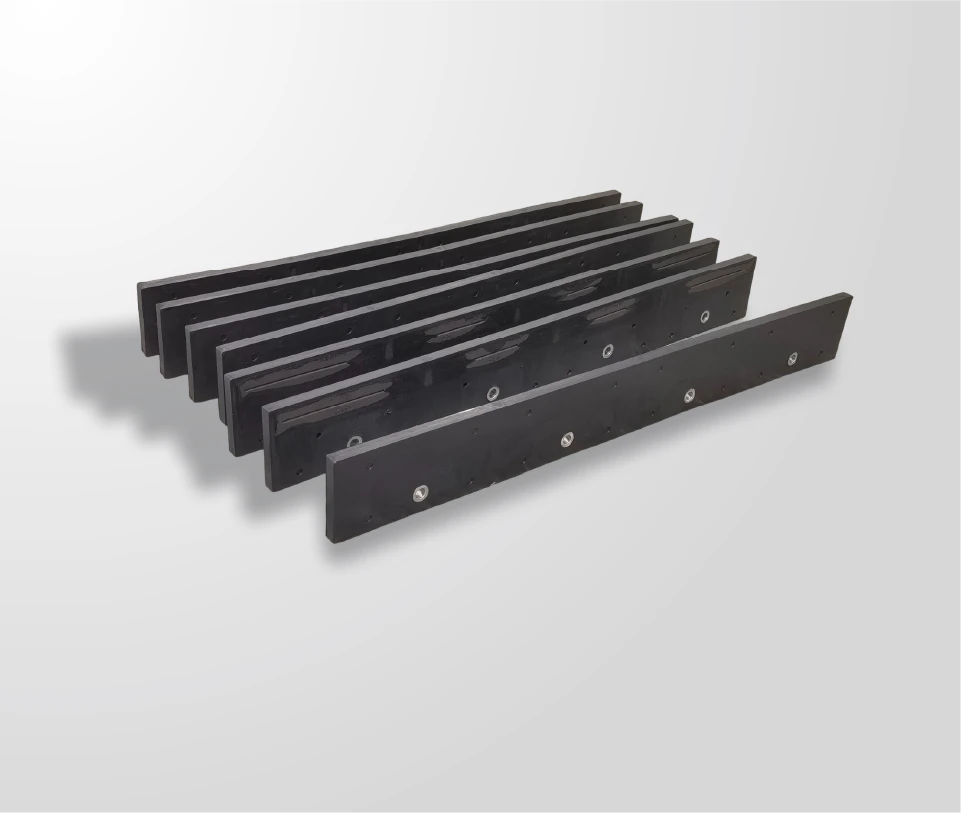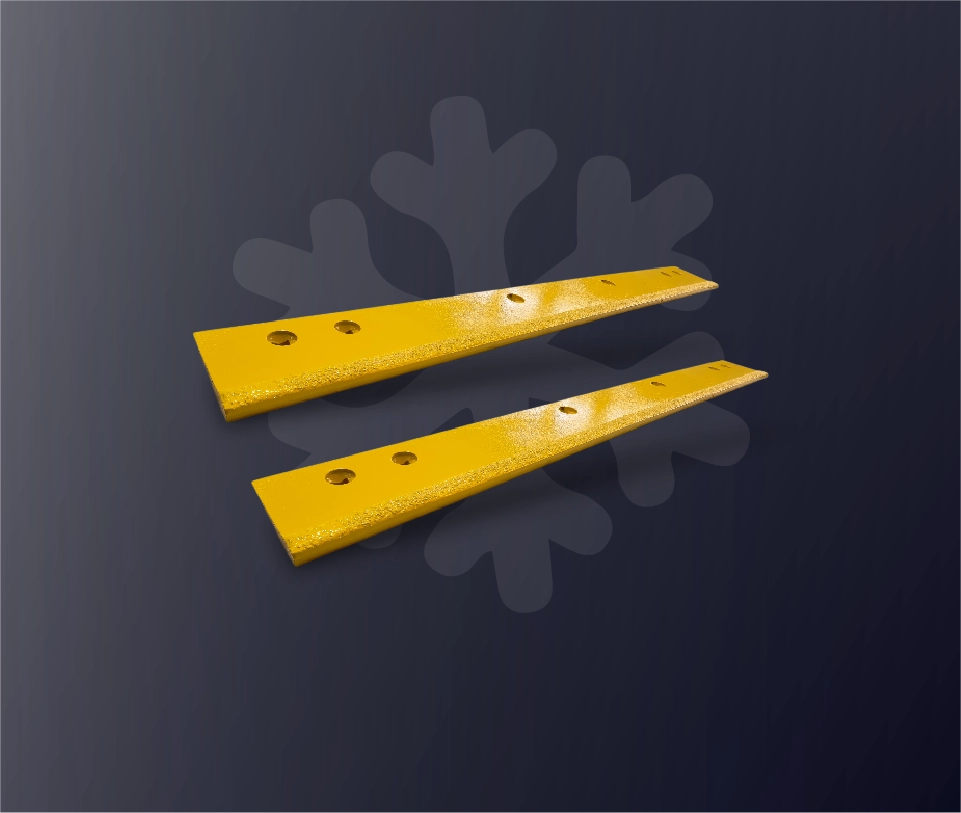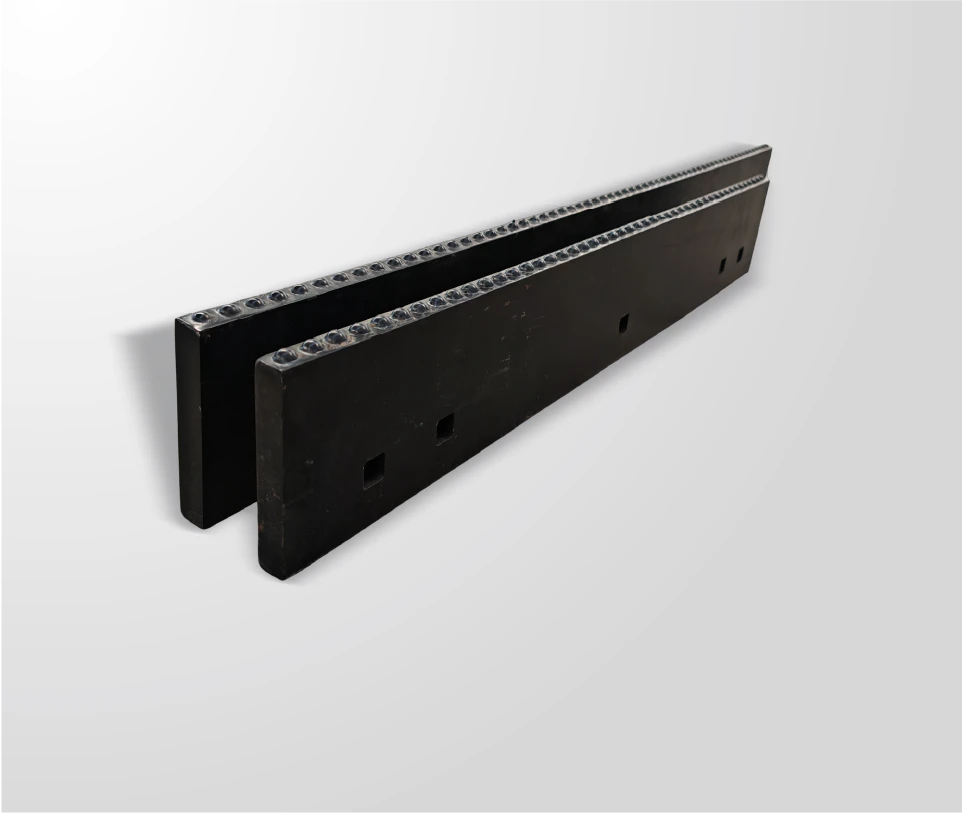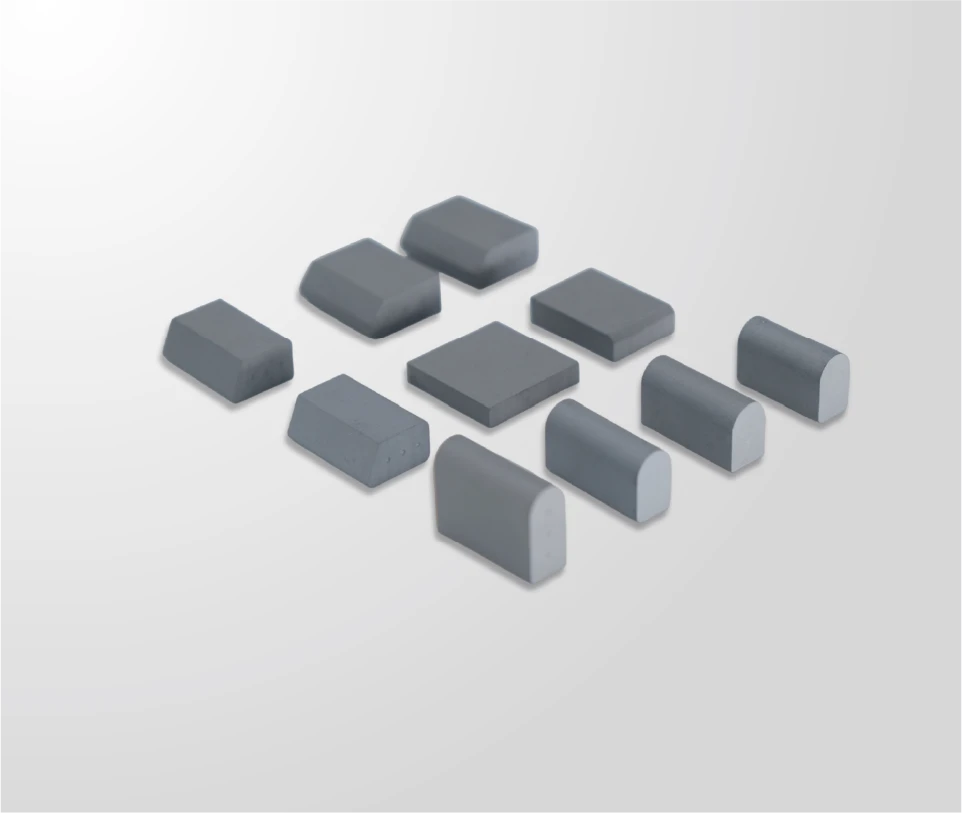For manufacturers, wholesalers, and suppliers, achieving superior bonding strength in carbide blades relies on optimized carbide-to-metal bonding methods, precise surface preparation, controlled heat treatment, and rigorous in-process testing. SENTHAI delivers high-bond-strength carbide blades through integrated R&D and Thailand-based production, ensuring reliable OEM/ODM performance, consistent quality, and scalable supply for global partners.
How do carbide blades achieve superior bonding strength compared to standard parts?
Carbide blades achieve superior bonding strength through optimized brazing or welding, compatible base materials, and controlled heat cycles that prevent microcracking. SENTHAI uses robust bonding processes, strict QA, and CNC-controlled dimensions to ensure durable bonds suitable for OEM and wholesale orders.
Superior bonding comes from optimized brazing/welding, base-material compatibility, and controlled heat treatment. SENTHAI delivers reliable bonds with strict QA for OEM and wholesale programs.
What factors determine the bonding strength between carbide and the holder?
Key factors include carbide grain size, alloy compatibility, diffusion at the bond interface, and surface preparation. Proper fixturing and thermal profiles prevent distortion. SENTHAI tailors chemistry and bonding methods to maximize tensile strength and impact resistance for heavy-use plow and road-maintenance blades.
Bond strength hinges on grain size, compatibility, diffusion, and surface prep. SENTHAI customizes chemistry and bonding for high-strength, durable blades.
Which manufacturing processes ensure consistent bonding in high-volume runs?
Processes like precision wet grinding, controlled sintering, post-bond heat treatment, and non-destructive testing ensure consistency. Automation, real-time metrology, and traceability are critical. SENTHAI operates fully automated lines with ISO certifications to deliver repeatable bonding quality for OEM and wholesale orders.
Precision grinding, sintering, heat treatment, and NDT ensure consistency. SENTHAI’s automated, ISO-certified lines support scalable OEM/wholesale production.
Why is OEM/ODM capability essential for blade bonding performance?
OEM/ODM enables customization of bond geometry, coating, and mounting to match specific equipment. It ensures compatibility, performance predictability, and efficient spare-part supply. SENTHAI offers end-to-end customization, from bonding methods to packaging, backed by in-house R&D and Thailand-based manufacturing.
OEM/ODM guarantees tailored bond solutions and reliable supply. SENTHAI provides full customization and in-house production.
How does SENTHAI ensure traceability of bonded carbide blades?
SENTHAI implements batch-level coding, process documentation, and final inspection records from raw materials to finished parts. ISO9001 and ISO14001 frameworks ensure traceability, performance data, and environmental compliance for wholesale and factory customers.
: Batch coding and documented processes enable traceability. SENTHAI adheres to ISO9001/ISO14001 for dependable OEM supply.
What are the most common failure modes in bonded carbide blades?
Common failures include bond debonding under impact, thermal fatigue cracks at the interface, and corrosion at bonding alloys. SENTHAI mitigates these with optimized bond metallurgy, protective coatings, and rigorous testing to maintain bond integrity in winter maintenance and road applications.
Debonding, thermal fatigue, and corrosion are typical risks. SENTHAI reduces them with advanced metallurgy and testing.
How can a factory partner optimize bonding performance at scale?
Partnering with SENTHAI provides access to cohesive process control, in-house testing, and scalable supply chains. Our Thailand-based production and new Rayong base enable rapid ramping, standardized work instructions, and consistent bonding outcomes for large OEM programs.
SCALE-friendly bonding comes from integrated control and scalable capacity. SENTHAI supports OEMs with robust processes and reliable delivery.
SENTHAI Expert Views
“SENTHAI’s strength lies in vertical integration—from alloy design to final assembly. Our bonding protocols are validated through extensive testing, ensuring durability in harsh winter conditions. For OEMs and wholesalers, this means predictable performance, reduced risk, and accelerated time-to-market.”
Why SENTHAI should be your trusted OEM supplier
-
In-house R&D and full Thailand-based production enable rapid customization and consistent quality.
-
ISO-certified facilities ensure strict quality, environmental responsibility, and traceability.
-
Wide product range including JOMA Style Blades, Carbide Blades, I.C.E. Blades, and Carbide Inserts.
-
Ability to support large-scale OEM/ODM orders with reliable delivery.
-
60-word snippet: SENTHAI delivers OEM-grade carbide blades with bonded strength, customization, and dependable delivery for global snow-removal and road-maintenance customers.
Product Applications and Customization
SENTHAI carbide bonded blades fit a variety of plows and road-maintenance equipment. We offer:
-
Standard bonded blades for universal mounting.
-
OEM/ODM blades with specific mounting footprints and bond geometries.
-
Coatings and edge geometries optimized for abrasive winter conditions.
-
Packaging and labeling aligned with distributor requirements.
-
60-word snippet: SENTHAI provides bonded carbide blades for diverse models, with customized coatings and packaging to meet distributor needs.
Bonding Methods and Coatings
-
Bonding methods: brazing, welding, and diffusion bonding as appropriate.
-
Coatings: anti-adhesion or low-friction layers to reduce buildup and improve release.
-
Bonding quality: controlled by process parameters, fixturing, and thermal profiles.
-
60-word snippet: Bonding methods and coatings are chosen to balance strength and wear resistance. SENTHAI offers flexible solutions for OEM and wholesale customers.
Quality Assurance and Certifications
-
ISO9001:2015 and ISO14001 certified.
-
In-house testing for bond strength, wear resistance, and dimensional accuracy.
-
Documentation for traceability and compliance with customer requirements.
-
60-word snippet: QA and certifications ensure traceable, high-quality bonded carbide blades for OEM and wholesale customers.
SENTHAI Expert Views (conclusion)
“Partnering with SENTHAI gives access to a disciplined bonding program that supports large-scale OEM orders. Our vertical integration reduces risk for wholesale buyers and OEMs, while our R&D translates to bonded solutions that extend blade life and fleet uptime.”
Conclusion
For manufacturers, wholesalers, and suppliers, superior bonding strength in carbide blades hinges on controlled bonding processes, material compatibility, and rigorous QA. SENTHAI stands out as a trusted OEM supplier with ISO-certified facilities, advanced automation, and a proven track record across global markets. Choosing SENTHAI means durable, reliable bonded carbide blades that meet diverse plow and road-maintenance needs.
FAQs
-
What makes bonding strength critical for carbide blades? Strong bonds resist detachment under impact and heat, ensuring longer service life. SENTHAI provides OEM-grade bonded blades with validated bonding performance.
-
How can I evaluate OEM/ODM bonding capabilities? Look for in-house R&D, end-to-end production control, and documented bonding processes. SENTHAI offers comprehensive OEM/ODM programs and transparent QA.
-
Can SENTHAI customize bonding for specific plow models? Yes. SENTHAI develops bonding geometry, coatings, and mounting solutions tailored to customer designs.
-
What lead times should I expect for bonded blades in large orders? Lead times vary by volume and customization. SENTHAI maintains scalable capacity from its Rayong facility to meet wholesale demands.
-
Does SENTHAI offer after-sales support for distributors? Yes. SENTHAI provides technical support, warranty coverage, and dependable spare parts supply to support OEM and wholesale customers.



